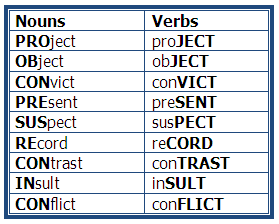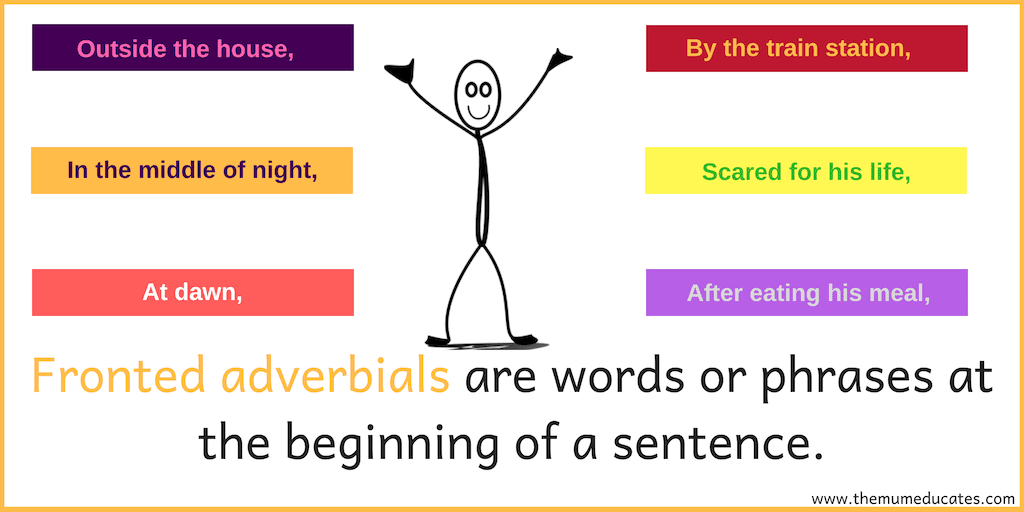讀音:
aural
-aural與oral讀音一樣
vocab:
afraid vs frightened
-afraid只是表語形容詞,frightened既是表語也是定語,即是可以說:I am frightened或I am afraid,但只能He is a frightened boy,而不能說He is a afraid boy.
-afraid也可以表示擔心、憂慮。I am afraid that my exam result is not good.
-afraid也可以解sorry: I am afraid so/ I am afraid not.
agree
-agree可以是agree with somebody,亦可以agree with an idea
all day
-有一個意思與every相似,例如every day與all day, 只是every day指每一天, 而all day是一整天
all right
-all right是令人滿意、可接受的,拼法上可以是alright
anytime
-任何時候at any time即any time,也可寫anytime.例如You can visit me any time=You can visit me at any time=You can visit me anytime.
-Any time也可當連詞:Any time you need my help, call me.
-Any time當然也解一些時間,那就不能寫anytime,例如I can't waste any time in waiting for her.
anyway
-anyway有兩個解釋,一個是無論如何,另一個則用於改變話題、或表示想結束談話.例如: Anyway, I have to go.
apart from vs aside from
-我們都知apart from表示除...之外,但美式英文說aside from
appeal for/to/against// appeal to
-appeal這個字的基本意思是懇求,是不及物動詞.例如appeal for money是懇求金錢,appeal to the government是懇求政府
-appeal另一個意思是上訴,通常用against,如appeal against the sentence.或appeal to the court against the sentence
-appeal第三個意思是吸引,跟to, 例如the shoes appeal to the young people,即鞋吸引年輕人.
apply for/to
-apply跟for是apply for something,用名詞,但apply也可跟動詞,如apply to have the benefits.
-apply另一意思是塗抹,日常生活用rub on, put on, spread on等,例如: rub the ointment on the leg
appreciate it
-appreciate是及物動詞,所以說I will appreciate it if you reply to me early.不要漏了appreciate後的it
approve vs approve of
-approve加of與否的分別很遠.如果不加of,approve是批准, 若approve加of,解贊同.
twice as many money as
-as...as有一個多幾多倍的用法,就是加一個倍數的字,再用as...as,例如: He is half as old as me. I got twice as much salary as he did.
-留意as...as接著的可以是主語加動詞,或是受詞.例如: He is as fat as him, He is as fat as he is.
-如比較的物件很清楚,可以省略第二個as及後面的名詞詞組或分句,如:I did not go to my favorite restaurant. I went to another. It is as good (as my favorite one).
attendent vs shop assistant
-店務助理英文是shop assistant,但在某些地方的服務人員叫attendent.
-美國叫shop assistant作sales clerk
await vs wait for
-await即wait for的正式語,如I await her return.
awake vs wake
-awake除了是形容詞,也是動詞, 與wake同義,例如:I awoke from a deep sleep.
文法:
already
-already除了指動作是已完成外,也可以是情況。而情況不一定要用現在完成式,例如: I 日already know the answer.
although
-although與though有個好重要分別,就是兩者都是連詞,但though也可以作副詞,解不過:He, though, is also gay.
and
-用and連接動詞不一定是表示兩個動作,例如I will go and see what happened. go與see不是去與看兩個動作,而是go to see:去看.Come and stay with us是come to stay with us的意思.
-and可以用於句首嗎?可以的,只是較口語.
-and很少用於否定句,例如I don't like Tom and Paul.應該說I don't like Tom or Paul.(除非兩個名詞是一個idiom,例如bread and butter).另外一個例子: I am not rich or handsome.
anywhere
-anywhere與anyone或anything一樣,基本上有兩個意思.一個是任何X, 例如: You can go anywhere.另一個是用於疑問句及否定句.例如: I don't go anywhere today.
walk about/walk around/get around/come around
-很多人知道round, around可作介詞或副詞,解作多方向移動.如He walked round the shopping mall, He wandered round. 但很多人不知道about也是同樣意思.(美式英語多用around)
-但如果解作在四周圍繞的介詞,about無這個意思.如: He put a scarf around his neck.
-另外around或about有「在附近」的意思,如There are not many new jobs around.
-get around及round可及物或不及物,作「解決問題」,如She got around the problem cleverly.而come around/round解作出現,如She finally came around. (美式英語多用around)
-作「大約」解時, 可說about, around, 但不是round, 而是round about, 例如: She is round about 40 years old.
another
-another不要放在眾數可數名詞或不可數名詞前面,如不可以: I spent another money.或He needs another apples, 但可以在數詞或few之前: I need another 10 minutes.
I asked her age
-ask可以跟someone及their name or age,例如: He asked me my age/He asked her her name.這其實是He asked me what my age/name is的簡寫.
-也可以跟someone及their opinion, 例如: He asked me my opinion. 這其實是He asked me what my opinion is的簡寫.
assure me that vs ensure that vs insure the car
-assure是向某人保證,例: He assured me that he will finish the homework.
-ensure似assure, 但ensure通常跟that clause, 如: He ensures that he will finish the homework. 這個意思上,美國用insure.
-當然insure有另一意思,是為...投保,如: He insured the mobile phone before he went to travel.
as well as
-用as well as連接分句時,第二個分句要用gerund!例如: She teaches the senior form students English as well as applying for funding for the school. (這點很多人都搞錯)
autumn vs the autumn
-autumn或the autumn都可用,例如: I travel in autumn/the autumn.
avoid vs prevent
-avoid與prevent的分別在於,不能說avoid someone doing something, 只能說prevent someone from doing something,例如: The policy prevents him from being lazy.


